Planetary Science
-
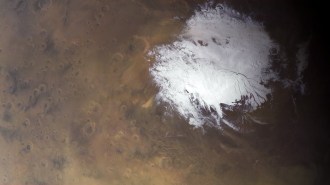 Space
SpaceA ‘lake’ on Mars may be surrounded by more pools of water
Radar data hint at patches of liquid water beneath Martian polar ice, but some urge caution in interpreting results.
-
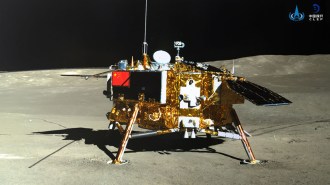 Space
SpaceA new moon radiation measurement may help determine health risks to astronauts
China's lunar lander measured radiation at the moon’s surface, finding the daily dose is 2.6 times as high as inside the International Space Station.
-
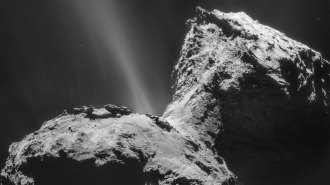 Planetary Science
Planetary ScienceRosetta data reveal an invisible ultraviolet aurora around comet 67P
Solar wind electrons smash water molecules in the comet’s coma to make the 67P/Churyumov-Gerasimenko’s version of the northern lights.
-
 Space
SpaceHow do you clean up clingy space dust? Zap it with an electron beam
An electron beam is the newest addition to a suite of technologies for cleaning sticky and damaging lunar dust off surfaces.
By Jack J. Lee -
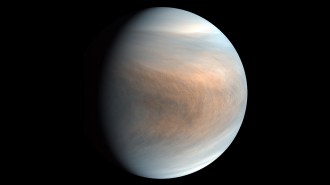 Space
SpacePhosphine gas found in Venus’ atmosphere may be ‘a possible sign of life’
Astronomers have detected a stinky, toxic gas in Venus’ clouds that could be a sign of life, or some strange unknown chemistry.
-
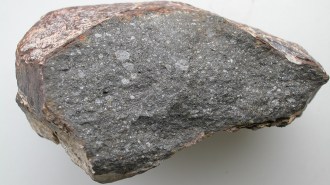 Planetary Science
Planetary ScienceEarth’s building blocks may have had far more water than previously thought
Space rocks and dust from the inner solar system could have delivered enough water to account for all the H2O in the planet’s mantle.
-
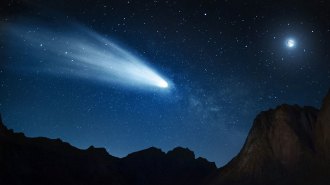 Astronomy
AstronomyIn a first, astronomers spotted a space rock turning into a comet
Scientists have caught a space rock in the act of shifting from a Kuiper Belt object to a comet. That process won’t be complete until 2063.
-
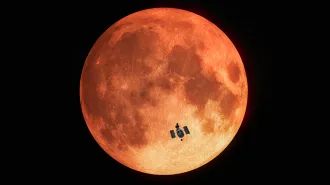 Astronomy
AstronomyHubble watched a lunar eclipse to see Earth from an alien’s perspective
Hubble observed sunlight filtering through Earth’s atmosphere during a lunar eclipse to see what a habitable exoplanet’s atmosphere might look like.
-
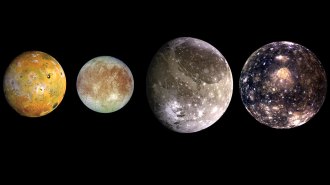 Planetary Science
Planetary ScienceJupiter’s moons could keep each other warm by raising tidal waves
Along with gravity from the enormous planet, tidal forces between Jupiter’s moons could generate a surprising amount of heat.
-
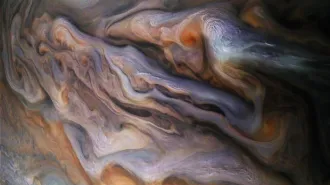 Space
Space‘Exotic’ lightning crackles across Jupiter’s cloud tops
Newly spotted lightning, which could form thanks to ammonia antifreeze, is weaker but more frequent than any flashes seen on Jupiter before.
-
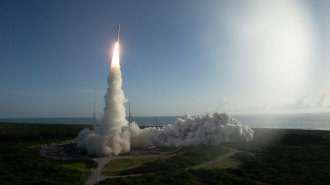 Planetary Science
Planetary ScienceThe Perseverance rover caps off a month of Mars launches
With the launch of NASA’s Perseverance rover, the rush to the Red Planet is under way.
-
 Space
SpaceTo rehearse Perseverance’s mission, scientists pretended to be a Mars rover
Seven Mars scientists pretended to be the Mars Perseverance rover on a training exercise in the Nevada desert.